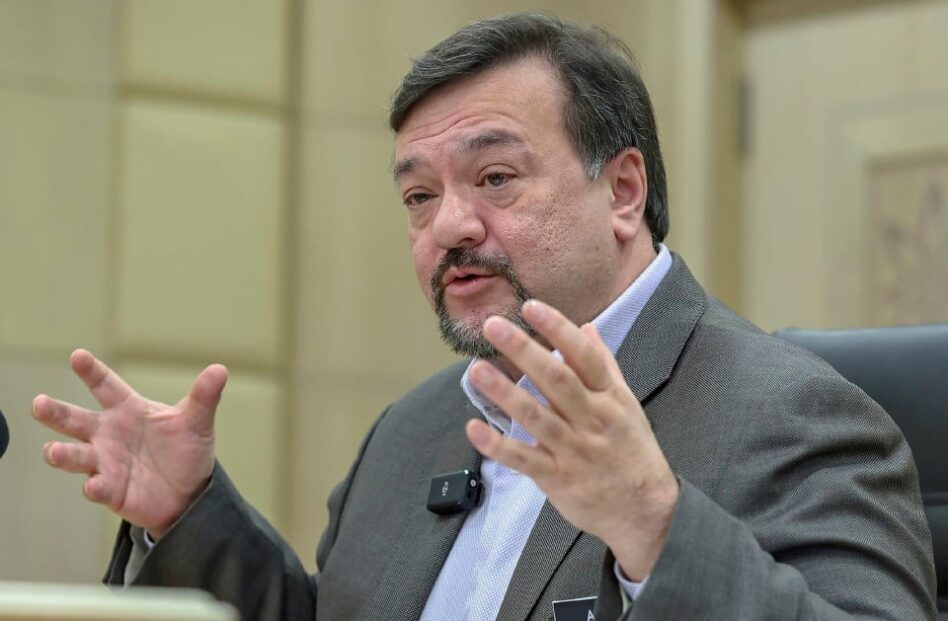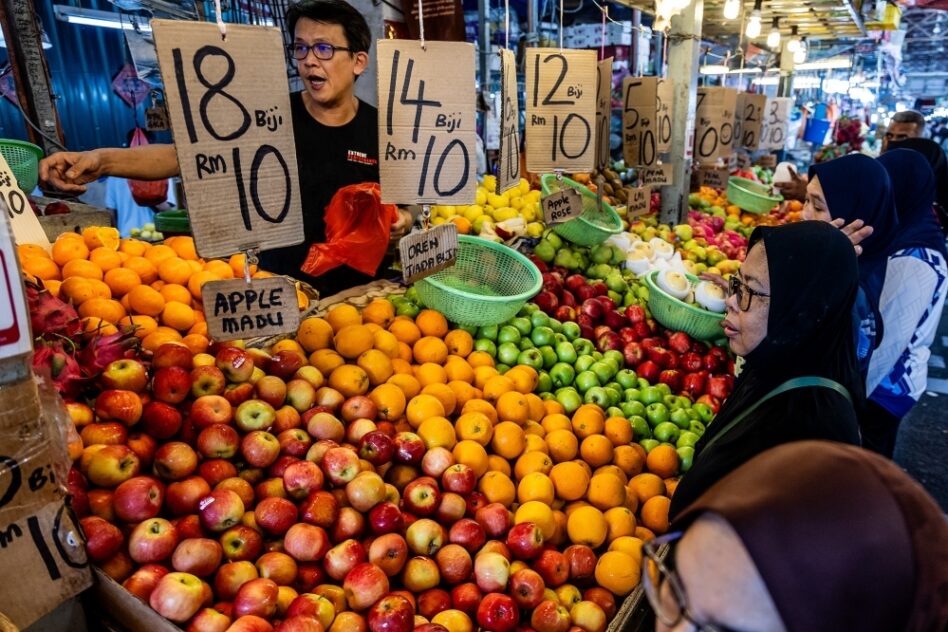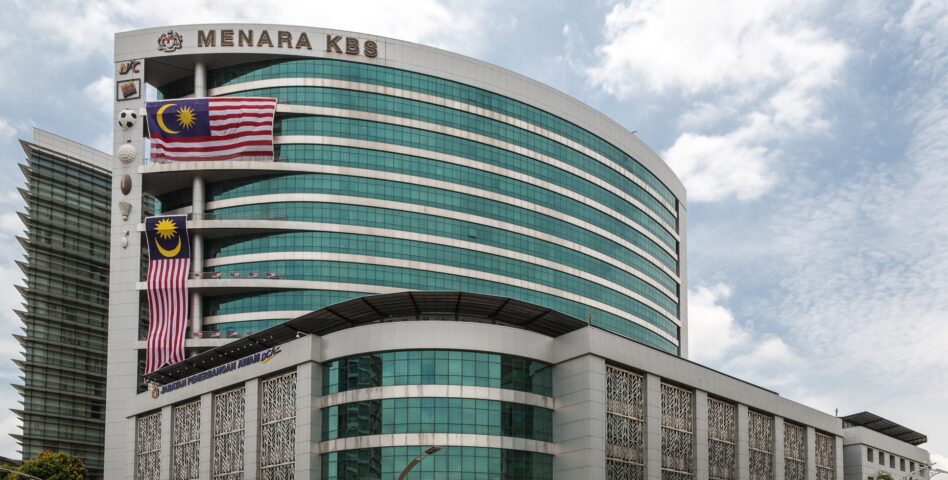THE COVID-19 pandemic has forced many communities, governments and businesses to respond in a number of unprecedented ways.
For the insurance industry – or more specifically, for Allianz Malaysia Berhad (Allianz Malaysia) – it seems that the only way forward for the company amid the tough year was to innovate.
“We had to innovate from the moment COVID-19 hit us in March last year,” Allianz Malaysia Berhad CEO Zakri Khir told FocusM.
“We had to reset how we design and sell our products and we prepared all the necessary tools and resources for our intermediaries to go digital in every step of a customer’s journey.”
But while online is the way to go these days, it comes with its own set of challenges.
“In insurance, online and agency channels can work in tandem but we will still need that one-to-one human relation to sustain business, although that is on hold now. Speaking to a chatbot doesn’t always solve a customer’s problem,” Zakri acknowledged.
Weathering the storm
As a company, Allianz Malaysia has taken things in their own stride, employing short-term strategies and pushing for business agility ever since the onset of the pandemic.
Their strategy from day one has been to keep their employees safe while maintaining resilience and vigilance in every decision.

“For our customers, we have launched several affordable products that we feel best suits their current needs and to do our best to offer services to our customers and the rest of our stakeholders. That is how we will continue to weather this storm,” Zakri explained.
In its 1Q FY2021, Allianz General Insurance Company (Malaysia) Berhad (Allianz General) recorded RM656.4 mil in gross written premiums (GWP) – a 7.0% increase from RM613.6 mil in the corresponding period in 2020. Its underwriting profit improved by 84.0% to RM48.4 mil during the period from RM26.3 mil in 1Q FY2020.
On the other hand, Allianz Life Insurance Malaysia Berhad (Allianz Life) registered a GWP of RM825.6 mil in 1Q FY2021, a 10.3% increase from the RM748.5 mil it achieved in 1Q FY2020.
National insurance penetration rate
During an interview with FocusM back in 2019, Zakri mentioned that the national insurance penetration rate rose to only 56% in 2016 from 25.3% in 1996 despite Bank Negara Malaysia (BNM) setting a target of hitting 75% by 2020.
“COVID-19 hit us in March last year but to put things into context, we were struggling to reach this target even before the pandemic.” Zakri said when asked for an update.
Statistics from the Life Insurance Association of Malaysia (LIAM) showed that life insurance and takaful penetration rate in 2020 is estimated to be about 56%.
“If you deduct the number of people who have more than two policies, the percentage is reduced to 41%. As such, out of every 10 Malaysians, only four have life insurance. And out of this, only 4% of households in the lower income group has some form of life insurance or takaful coverage,” Zakri revealed.
“It will be difficult to expect insurance penetration to increase with people having concerns about bread-and-butter issues as opposed to calling your friendly insurance agent.”
Planning on a month-to-month basis
Taking into consideration the uncertainties surrounding the country’s political climate as well as the rising COVID-19 numbers and the economic hardships that the people are facing, the future is looking rather bleak for the country.
So what are the strategies that Allianz Malaysia has adopted to brace for the challenging days ahead?
“We will not be unprofitable and neither are our policyholders going to be impacted and we will remain resilient,” Zakri assured policyholders.
“We knew that the after-effects of the pandemic would be slow to dissipate.
“More than a year on, many countries – including Malaysia – are still find themselves shackled by the relentless effects of COVID-19 as it continues to experience a stop-start recovery.”
Since the first movement control order (MCO) in March 2020, Allianz Malaysia had to build on ways to offer more definite, meaningful and palatable products that relate to Malaysians that suits the current appetite.
“Given how fluid the situation is with regard to the COVID-19 pandemic, we dare not plan too far ahead and prefer to plan on a month-to-month basis as we do not know what is going to happen tomorrow or the day after,” remarked Zakri.
In fact, what happens next in the political scene will chart how society and the economy progresses from here, he opined.
“I hope that leaders of this new Government will get the nation out of the rut we are currently in by focusing on public health and safety, bringing investments back into the country, and planning for long-term business stability and economic recovery,” he concluded. – Aug 23, 2021









